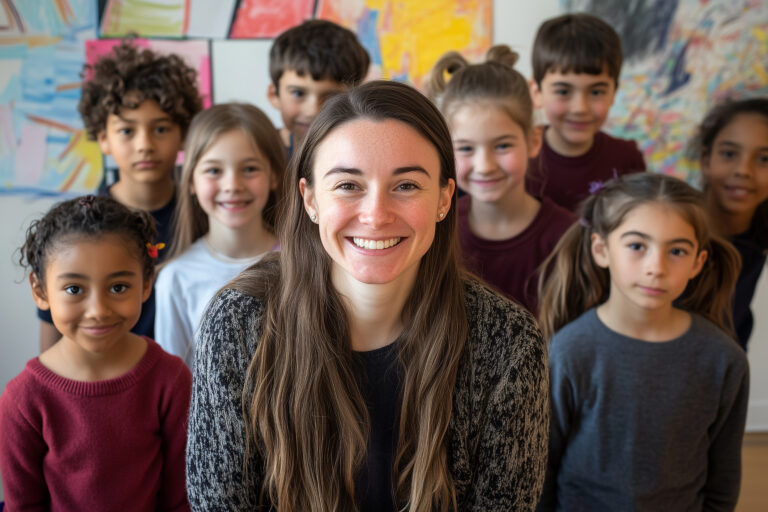
The Future of Education: Have We Arrived?
By Celia Leanne Franze The Class of 2040 Imagine stepping into a classroom in 2040, where each student embarks on a personalised journey, guided by intelligent technology designed to pinpoint their learning progress and offer precisely targeted challenges. In
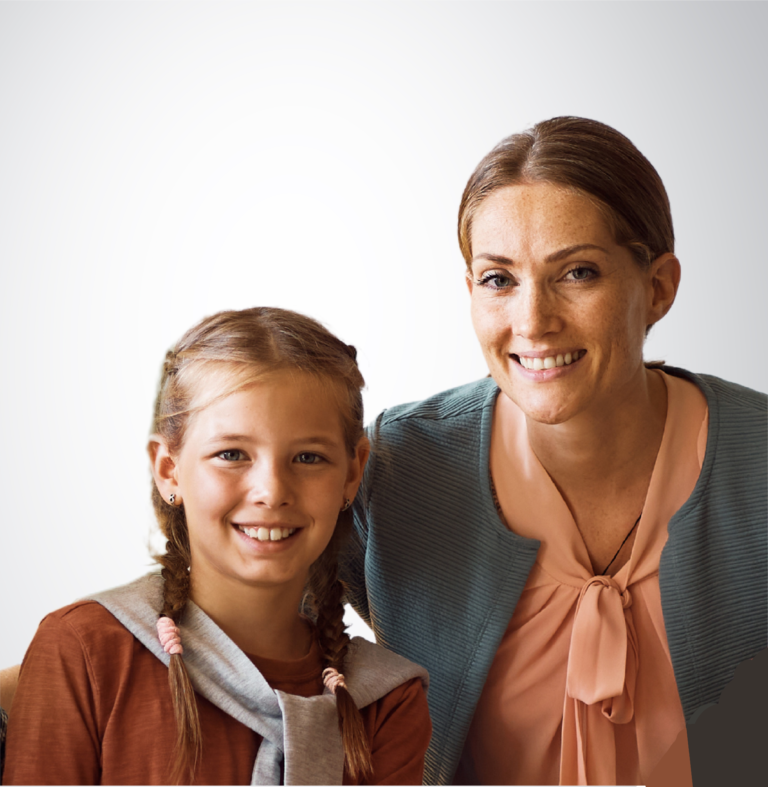
Science of Learning: Practical Strategies for Educators
by Celia Leanne Franze How Students Learn (and Why It Matters for Teaching) Understanding how students learn is crucial for designing effective and engaging learning experiences. Research from cognitive science and education and psychology provides valuable insights into the
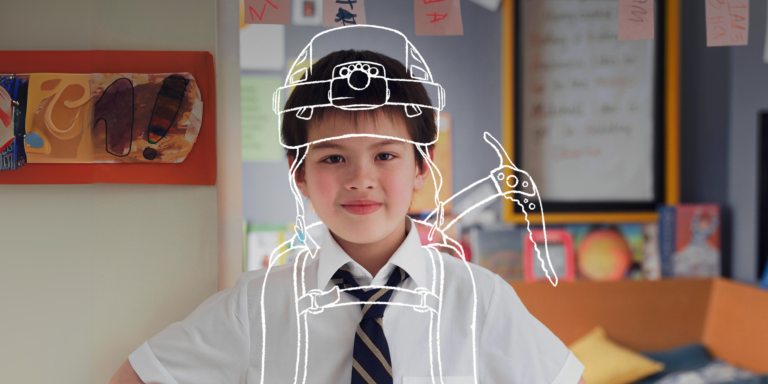
Metacognition: A core element in learning success
by Celia L. Franzè Spotlight on Metacognition In today’s rapidly evolving educational landscape, one thing is clear: developing metacognitive skills is no longer an option—it’s a necessity. Defined as the ability to think about one’s own thinking, metacognition involves planning,
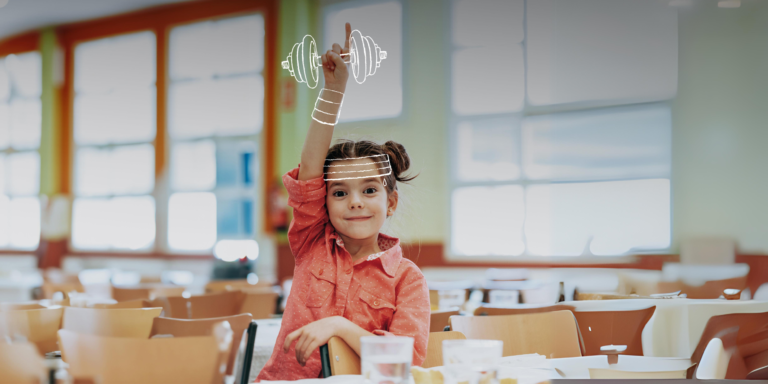
Creative Journaling Skills
by Celia Leanne Franzè This month we review the PISA 2022 Results Volume III report, “Creative Minds, Creative Schools.” This report by PISA 2022 sheds light on the creative thinking skills of 15-year-old students across various countries. The report
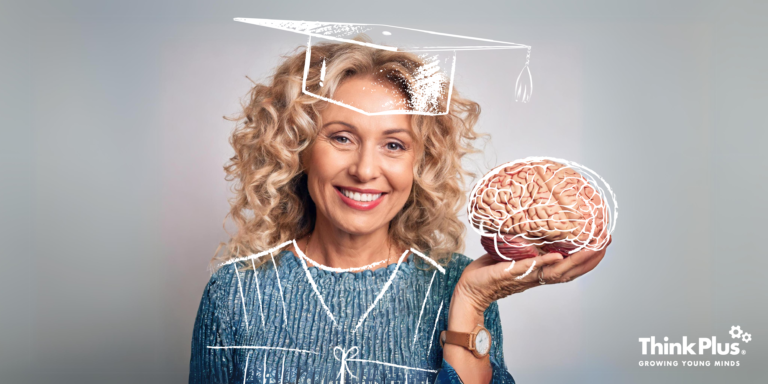
Harnessing the Power of Retrieval Practice and Generative Learning
by Celia Leanne Franzè We dedicate this July blog post to all Beginning Teachers who have made it halfway through the school year in Australia! We appreciate YOU! At ThinkPlus, as educators, our mission extends beyond teaching; it’s about

What stands at the forefront of Cognitive Science?
by Celia Leanne Franzè Embracing the Middle Years: Nurturing Cognitive Health The term “Middle Years” carries distinct meanings in Australian schools and within the context of Australia’s ageing population, yet both phases share intriguing similarities and differences in brain

Working Memory: Unlocking the Potential for Learning
by Celia Franzè Have you ever felt like your lesson plan was a complex puzzle, juggling learning intentions, outcomes, key concepts, big ideas and endless activities, pushing your brain to its limits? Do you know the feeling of
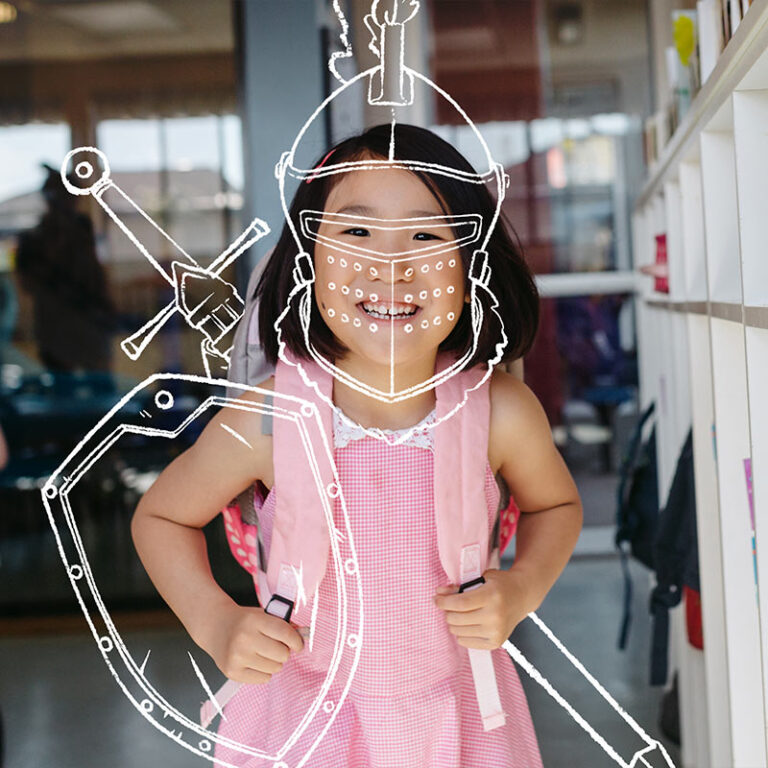
Decoding Emotions in the Classroom: The Power of Emotional Granularity
by Celia Franze Understanding Emotions Through TCE In a world that constantly challenges our emotional landscape, understanding how we construct emotions has never been more important. The Theory of Constructed Emotion (TCE) offers a fresh lens through which to
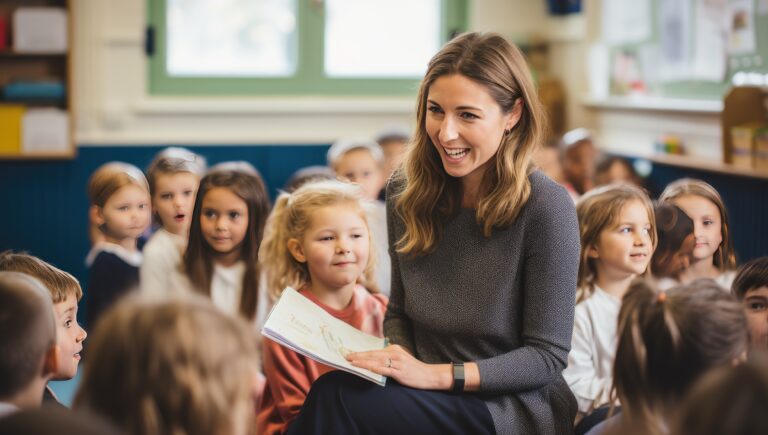
An Eisenhower Matrix for Educators
Navigating Your Day with Ease and Impact What is an Eisenhower Matrix? The Eisenhower Matrix is a time management strategy that advises sorting tasks into four different categories based on urgency and importance. It is a simple quadrant with four

Explicit Teaching vs Direct Instruction
by Celia Franzè Explicit Teaching and Direct Instruction are both highly effective, teacher-led approaches that rely on clarity and structure. However, the rigidity and pacing of Direct Instruction set it apart from the more adaptable Explicit Teaching method. As

How the Brain Learns: A Quick Summary
Written by Celia Franzè. At ThinkPlus most of our schools, both in the classroom and the staffroom, have started the year off with teaching and learning about the Brain! Dr Jared Cooney Horvath and I presented a webinar recently
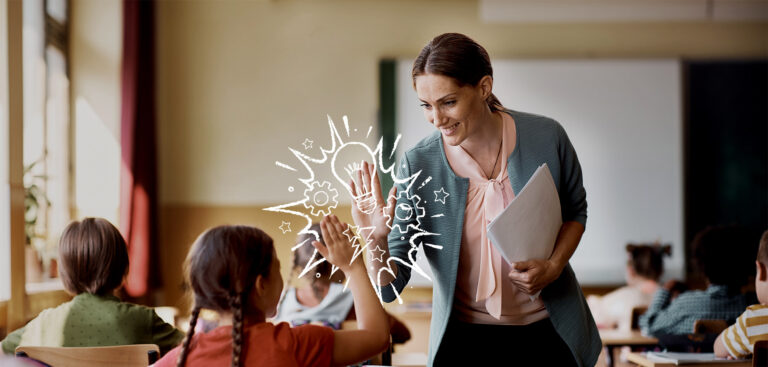
What is the Science of Learning?
by Celia Franzè Neuroscience in education has faced some harsh critics in the past. Many commentators accounted that the concept would never amount to measurable improved learning outcomes (Bruer, 1997). Yet, others closer to classroom practice chose to forge
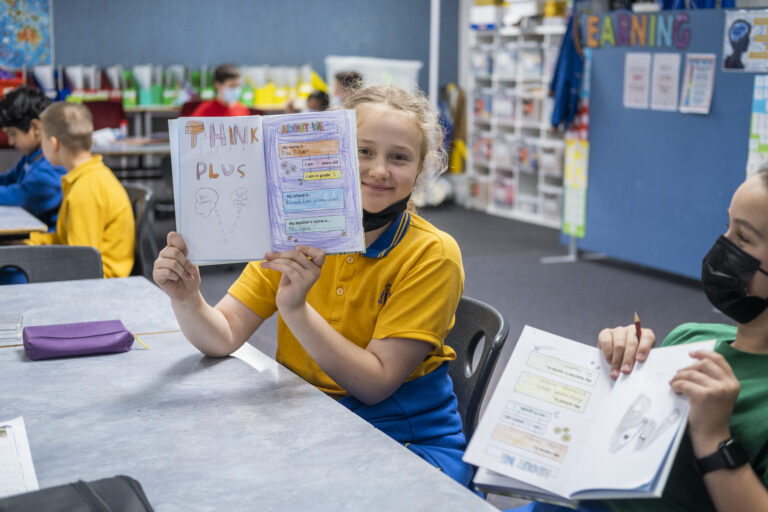
How to get students thinking about their own learning
by Nina Parrish When students begin to plan, monitor, and evaluate their learning, they develop self-regulation and can set more ambitious goals. As a special education teacher and K–12 tutor, I found that students were often told what to learn but
Guiding Students to Develop a Flexible Mindset
by Susannah Cole and Julie Dunstan You’re already familiar with growth mindsets and the importance of belief systems that reframe notions of intelligence and our responses to failures. But you may have struggled with how to convince your students
Design Principles, Emotional Goals and Learning – Definitions and Links
selected by Celia Franzè Design principles Principles guide the choices Designers make as they create. Principles apply at all levels of design from broad concept to small detail. For example: Do no harm (Hippocrates), meet user goals. Create the
Teacher Confidence
We believe that increasing teacher confidence is crucial for the success of students and schools as a whole. Confident teachers are more likely to take risks and try new approaches in their teaching, leading to a more engaging and
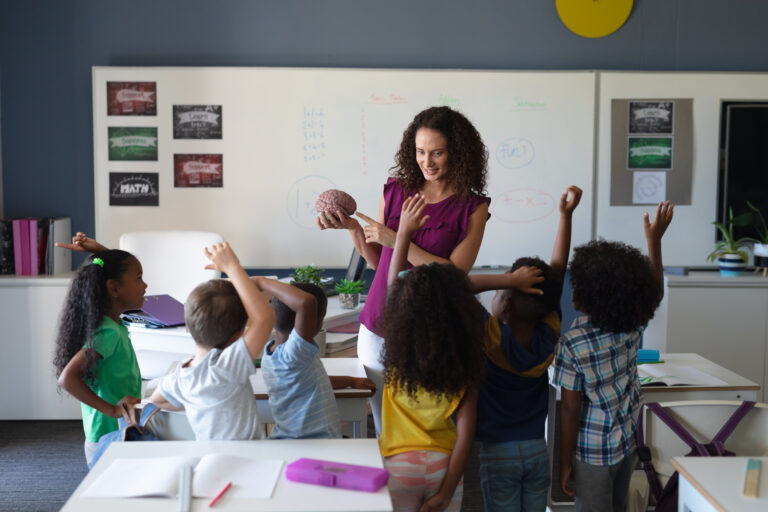
Student Agency and Neuroplasticity
by Celia Franzè Teaching about the brain and neuroplasticity can have a profound impact on students’ success as learners. Understanding how the brain processes information, retains memories, and responds to different learning environments can help students become more effective
Book Review: “Metacognition: Metacognitive Skill Building in the Australian Primary Classroom”
As educators, we are always looking for ways to enhance our students’ learning experiences and empower them to become independent, lifelong learners. “Metacognition: Metacognitive Skill Building in the Australian Primary Classroom” by ThinkPlus is a comprehensive toolkit that equips
The Science of Growing Young Minds
by Celia Franzè Part 1 of 4 How are metacognition, neuroplasticity, mindsets and emotions grounded in the science of learning helpful to grow young minds? The Science of Growing Young Minds is an interdisciplinary field that focuses on the
The Power of Reframing to ‘Rewire’ Students’ Brains
by Lori L. Desautels, Ph.D. Teachers can use the principles of neuroplasticity to help students be aware of thought patterns that are no longer serving them and begin to take risks in the classroom. Neuroplasticity is our human superpower.
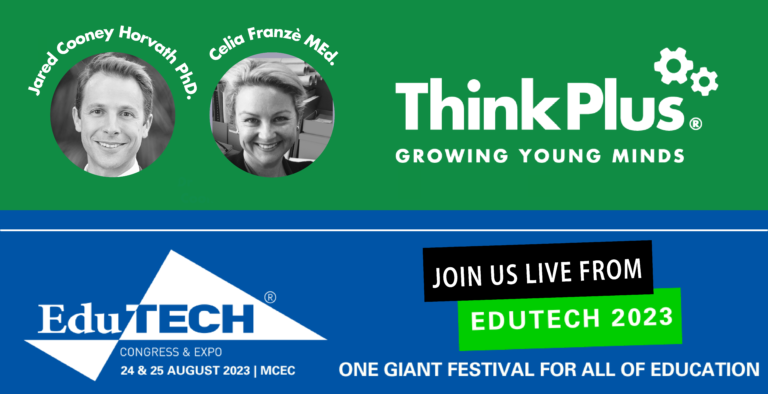
ThinkPlus @EduTech 2023
The Science of Growing Young Minds by Celia Franzè Part 2 of 4. How are Australian schools embracing the science of learning? Across the landscape of Australian education, emerging evidence-based approaches are promising a revolution in pedagogy. A notable
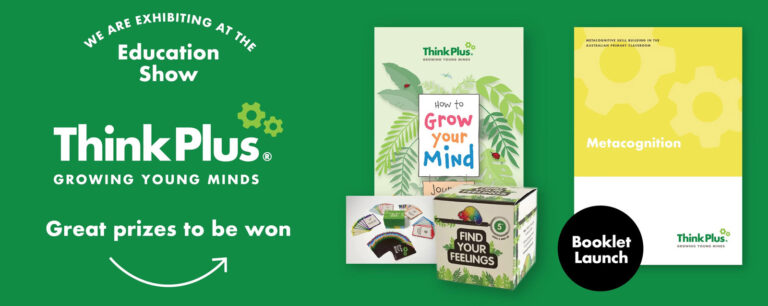
2023 National Education Summit and Education Show
We are pleased to be launching our latest teacher resource book Metacognition: Skill Building in the Australian Primary Classroom at the upcoming National Education Summit in Melbourne on 16th and 17th June 2023 at the Melbourne Convention & Exhibition